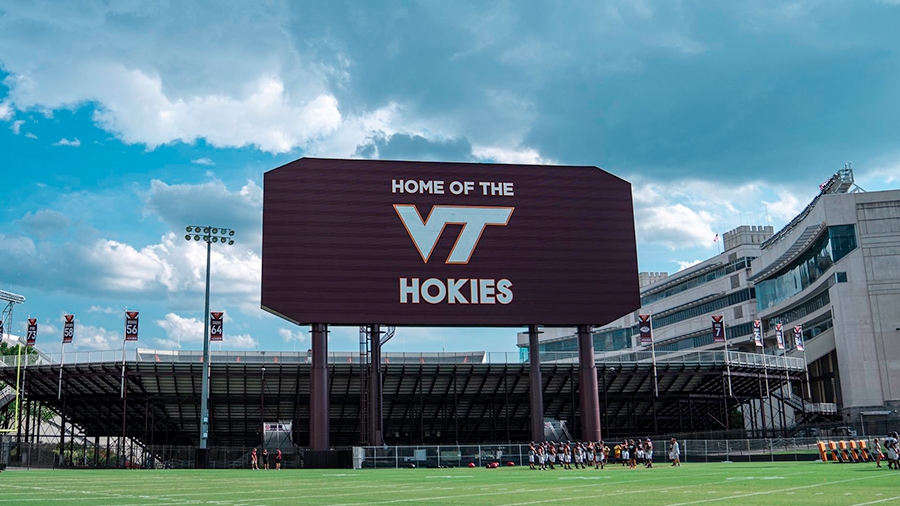"What are you trying to say?"
It's a question that gets thrown around my office as often as Ryan Willis throws a football at an opposing safety.
(Oh come on, if we can't laugh about it now, when can we laugh?)
(Oh, it's still too soon? Not only are you not laughing, but you're trying to fight me like we're both on the sideline at the 2018 ODU game?)
(Sorry, apparently I'm the kind of person who thinks unbearable agony is funny.)
When you work in advertising "what are you trying to say" becomes the crux of everything you do creatively. You figure it out when coming up with a concept, you figure it out when you're writing scripts, and you definitely try to figure it out when judging other people's ads on the internet.
The thing you're trying to say is everything that makes your work matter. It's the secret sauce everyone knows they need, but it's damn hard to find the recipe. It's why 90-95% of all advertising you interact with on a day-to-day basis is largely lame, worthless drivel you delete from your brain 0.0001 seconds after seeing it.
Every brand needs a point of view. A voice. An ability to say something more interesting/insightful/funny/informative/entertaining than anyone else can. And when they find the perfect voice, they've struck gold.
Often times, literally.
For example, whenever you see something for Old Spice, you know exactly who it is. It'll be loud, funny, full of dumb things like explosions or a man riding a horse with a satchel of diamonds. It'll have Terry Crews flexing his pecs until his feet turn into rockets and blast him off into anti-perspirant heaven.
They're always weird and in on their own joke, and even if you catch a second of an ad on mute at a sports bar, it'll at least make you wonder what the hell you just watched. And no matter how dumb their stuff may be, it works. After changing their voice/branding/advertising in 2010, Old Spice increased sales by 107% within months.
Every brand in any industry fights for their version of a voice. In college football, it's called team identity.
The best teams have the strongest ones — you can have fun, play fast and join a family at Clemson, or you can sign up to work for the intense, driven talent factory at Alabama. But identities aren't just reserved for the top programs in the country. Take Boston College, for instance. The Eagles are wildly mediocre, but under Steve Addazio they know exactly who they are: a stout bunch who will head butt you enough times until one of you is unconscious.
It may not propel them to great heights, but understanding who they are has helped them develop a certain level of consistency that other schools in similar situations (Maryland, for example) have not. Even in its most basic form, it means you know who you are as a football team, and you're comfortable with it.
In fact, let's take it beyond BC and look at how many other ACC teams know who they are:
To continue reading Get Fully Dipped and Join The Key Players Club »
- Exclusive Content
- Interact in community forums
- Post and view comments
- Advanced site features
- No pesky display ads, only offers from TKP sponsors
- Members Only Forum

